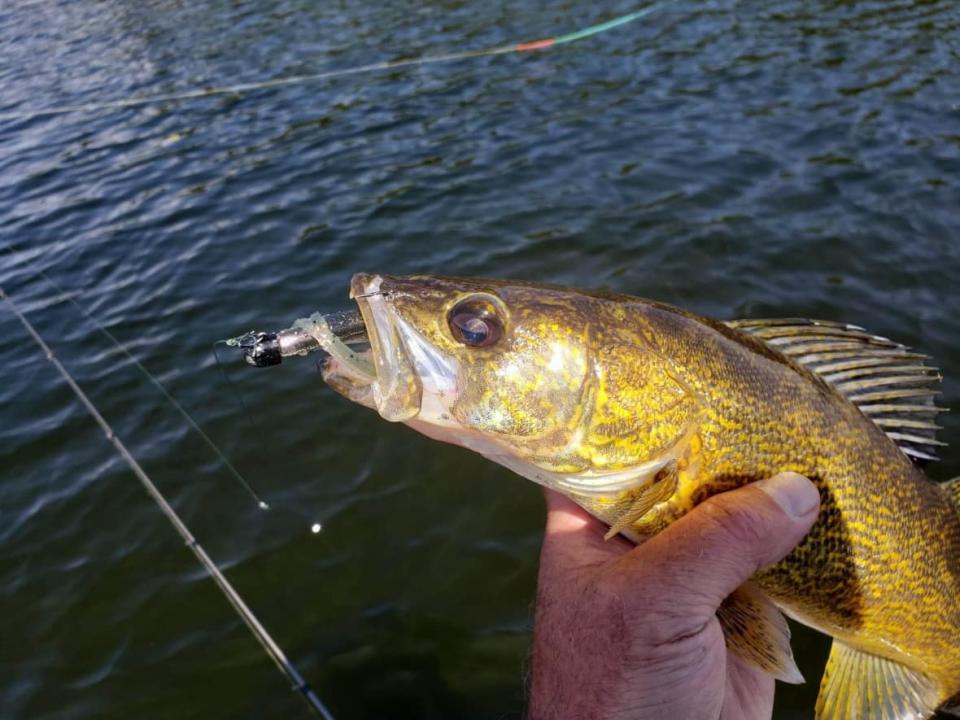Whopper of a fish haul nets Ottawa angler a hefty fine

An Ottawa fisherman is on the hook for a hefty fine after catching roughly 10 times the legal limit during a fly-in trip to a remote northern Ontario lake.
The man pleaded guilty last month to possessing fish over the legal limit and possessing fish packed in a manner that could not easily be counted, Ontario's Ministry of Natural Resources and Forestry said in a news release Friday.
In June 2021, conservation officers were alerted to a group of anglers who'd been fishing on Whitewater Lake north of Armstrong, Ont., and allegedly caught more than the allowable limit.
Officers stopped a vehicle near Thunder Bay and found a cooler containing eight bags of frozen, skinless fish and one large northern pike, the ministry said.
Once thawed, it turned out there were 140 pieces of fish from 40 walleye and five northern pike, well over the limit of four walleye and four northern pike.
The Ottawa man admitted all the fish were his, the ministry said. He has been fined $10,000 and faces a one-year ban from fishing in Ontario and owning a fishing licence.
Ministry keeping close watch
Anglers have a responsibility both to themselves and others to obey the fish catch limits, said Davis Viehbeck, a sergeant conservation officer with the ministry.
Officers regularly fly into far-flung lakes to conduct patrols, he pointed out.
"Remote fly-in fishing can certainly give anglers the impression that they are free from enforcement and regulations. And that's certainly not the case," Viehbeck said.
"Ultimately, overharvest leads to potential sustainability issues — and in layman's terms, poor fishing."

